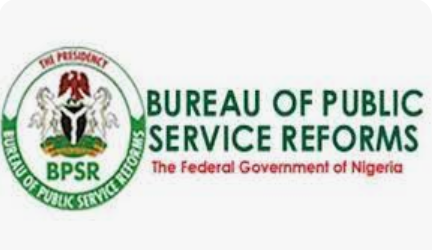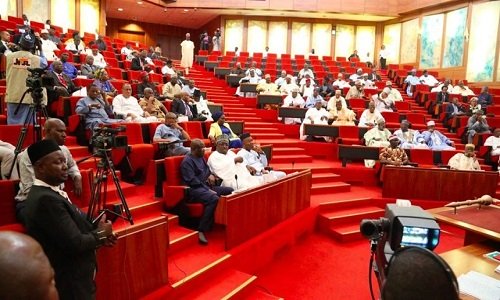Since President Muhammadu Buhari came to power in Nigeria in 2015, anti-corruption has been at the heart of his administration. However, a lot of effort is focused on grand corruption at the higher levels of governance and politics. There is less emphasis on the less-talked-about but vulnerable areas such as the health sector.
We have been involved as researchers in an extensive study of health sector corruption in Nigeria. The study interacted with front-line health workers and health policy makers and managers. The aim was to systematically identify the different types of corruption occurring in the Nigerian health sector, and rank them based on how damaging they can be to the health sector.
The drivers and potential solutions to these health sector corruption problems were also identified, as well as recommendations on how to mitigate corruption in the sector. In the end we hope to explore and bring to the fore feasible grassroots solutions to the problem of health sector corruption in Nigeria.
In the war against COVID-19, health system resilience, accountability and integrity are more important than ever. The health systems of some high-income-countries have become overwhelmed by the rising number of infected persons and deaths from the disease. Weaker, corruption-prone and less resilient health systems of many low and middle income countries are even more vulnerable. Some may even collapse.
Research has underscored the vulnerability of Nigeria’s health system. A consistently solid and accountable health system has eluded the country. The requisite health resources are also in short supply.
The reality is that citizens, health workers and international development partners worry that Nigeria’s health system is very weak and may be unable to adequately combat COVID-19.
Money management issues
Contributing to the weakness of the system is the federal and state governments’ very low budgetary allocation to the health sector.
Nigeria’s health sector appropriation in the 2020 budget is 4.5% of the total federal budget, about N427.3 billion. This is far below the 15% agreed in the 2001 Abuja Declaration, when African Union member countries pledged to improve spending on their health sector and urged donor countries to scale up support.
Following the recent collapse in the international price of crude oil, the budget has now been revised downward.
Concerns about the budget are valid. But of equal weight is the issue of the optimal management of presently allocated funds. This continues to be an underlying problem.
In a paper published last year health workers and decision-makers set out to explain the reasons that corruption persists in the healthcare sector.
They identified the top 49 corrupt practices in the Nigerian health system. These included absenteeism, procurement-related corruption, under-the-counter payments, health financing-related corruption, and employment-related corruption.
Discussions with health workers in an ongoing study on COVID-19 spanning different regions in Nigeria echo these findings. Health workers have indicated that there are structural and facility-level corruption and accountability issues that they have to work with routinely. These compromise their efforts to do their jobs as healthcare providers, including containing COVID-19 and its impacts.
We also found that there were high levels of distrust in the government, poor welfare conditions for health workers and health service users, and a lack of proper equipment.
What needs to be done
Patricia Garcia, a leading figure on global health issues, believes that for most developing countries, “with more money comes more corruption”.
Nigeria is certainly a case in point.
So what can be done about it?
The previous journal publication on Nigeria noted that front-line workers and policymakers agreed that tackling corrupt practices requires a range of approaches.
Garcia herself advocates an incremental approach to tackling the problem.
“We could start from the bottom up, taking small steps. We need rigorous research methods to prove or disprove that a strategy works. Addressing and ending corruption will require the participation of researchers from several disciplines and multiple approaches, and the commitment of funders to supporting serious research. Corruption in global health should not continue as an open secret, it has to be confronted and brought to light.”
The rapid spread of COVID-19 in Nigeria calls for sincerity on the parts of the authorities, the health workers and citizens. It also demands vigilance from civil society organisations and the mass media to foster accountability.
During the Ebola outbreak, Transparency International reported how systemic corruption in West Africa’s health sector undermined the response. Unfortunately, the lessons seem to have parted with the epidemic. We hope that lessons from dealing with COVID-19 will strengthen the health system in Nigeria and put in place stiff anti-corruption measures.
We will undertake further studies on health system corruption and accountability through a new project that is funded by the UK’s Joint Health System Research Initiative, entitled “Understanding and eliminating health sector corruption impeding UHC at district level in Nigeria and Malawi: institutions, individuals and incentives”.








